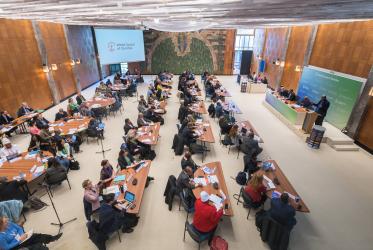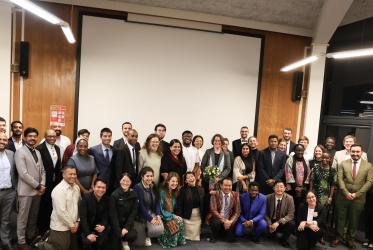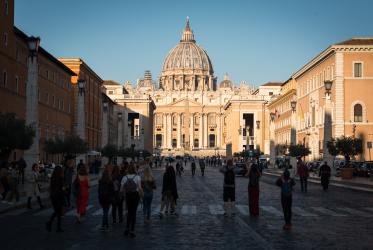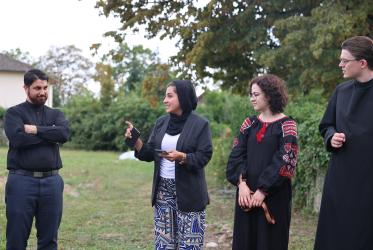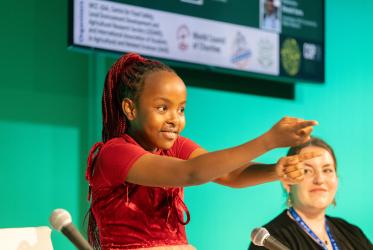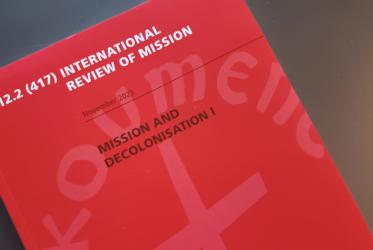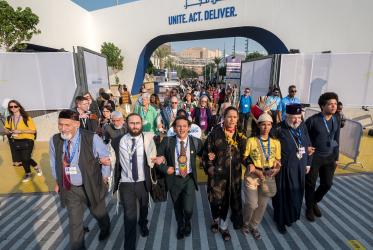Displaying 21 - 40 of 1752
Que peuvent faire les Églises pour prévenir l’esclavage moderne?
26 February 2024
What can churches do to prevent modern slavery?
22 February 2024
WCC and partners to host seminar in Assisi on Feast of Creation
21 February 2024
WCC to share key insights at World Social Forum
09 February 2024
Bossey students to visit Rome, share common Christian heritage
17 January 2024
Applications open for Bossey interfaith summer course
11 January 2024
